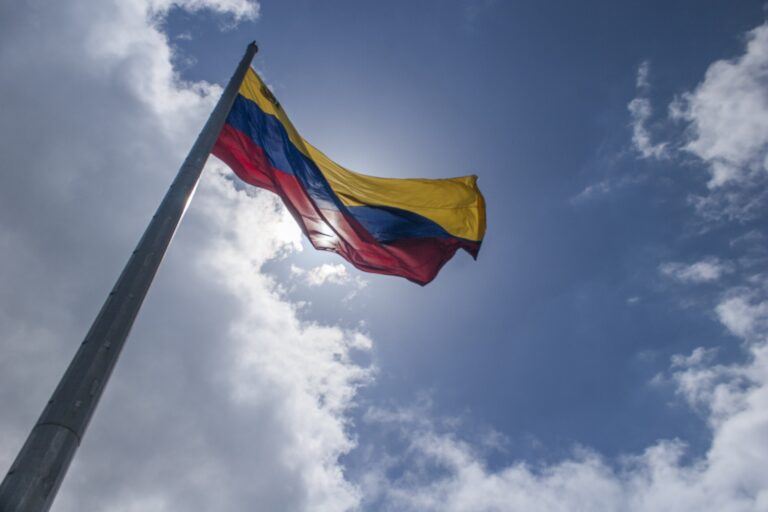A new type of humanitarian aid campaign has been announced for the citizens of Venezuela, a South American nation that has been suffering from extreme levels of hyperinflation.
Steve Hanke, the campaign’s manager, told the National Public Radio (NPR) during an interview published on April 21, 2019 that his charitable campaign, called “Airdrop Venezuela,” aims to help send cryptocurrency donations to Venezuela’s residents.
Planning To Raise $1 Million For Venezuelans
As explained by NPR, physical cargo including basic food and medical supplies cannot be easily sent to Venezuela – as the nation’s borders are closely monitored and tightly controlled. Moreover, the Venezuelan Bolivar has become practically worthless due inflation levels exceeding 1 million percent (as of December 2018).
In order to bring some relief to Venezuela’s citizens, Hanke, a professor of applied economics at the prestigious Johns Hopkins University, has recommended that 100,000 “verified” people in the country be given donations in cryptocurrency. Hanke has revealed that, for now, around 60,000 Venezuelan citizens had been verified and approved for receiving monetary assistance.
Approximately $272,000 have been raised in order to help fund the humanitarian aid effort and the goal is to raise a total of $1 million for the initiative. According to Hanke, who previously served as an economic advisor to former Venezuelan president, Rafael Caldera, the $1 million in relief funds will be distributed among 100,000 Venezuelans who meet the requirements to receive assistance.
Hanke believes that the “Airdrop Venezuela” campaign will be able reach its $1 million fundraising target by August of 2019. When asked by NPR to explain how his relief effort will work, Hanke said:
[People anywhere can] donate a cryptocurrency to the campaign, and that cryptocurrency goes to the AirTM platform and [from there, it] is distributed to wallets of the qualified Venezuelans.
Confirming that the wallets can be managed through users’ mobile phones, Hanke acknowledged that there would be certain “challenges” involved when using cryptocurrency to fund the campaign.
Delivering “Hard Currency” To People In Need
Going on to mention what he thinks most people will end up doing, Hanke noted:
[The majority of donation recipients will most likely] go to the AirTM platform and exchange the cryptocurrencies that they've received in their wallet for real money that they can use to buy things.
Hankes added that the “real money would, in most cases, be USD. That’s because the “currency in [Venezuela] is literally melting in your hand.” Because the Bolivar can no longer be practically used for transactions, Hankes believes the solution is “getting people hard currency that they can actually use to purchase something.”
No Political Agenda, Only Looking To Help Those In Need
He continued: “And so that was the general attraction. And the technology of using this Internet platform is just what the doctor ordered.”
In response to a question about whether the charitable project also had a political agenda, Hanke clarified:
No, they're purely humanitarian at this point. And these are private – the private exchanges that are going on. And there's really no particular political motivation. It's just to help people to give them some purchasing power. The money comes from private donations.









